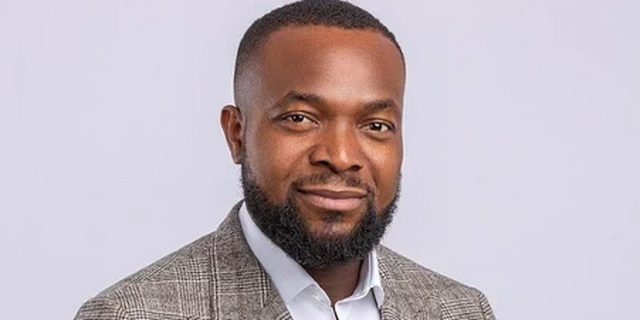The Federal Government has secured access to approximately half a billion dollars in funding to initiate a local funding programme to boost innovation and entrepreneurship within the country’s digital sector.
Minister of Communications and Digital Economy, Bosun Tijani, disclosed this at a dinner in partnership with the World Bank in Abuja on Friday.
He revealed the government’s plan to domicile local funding in Nigeria and ensure that it benefits true Nigerian businesses, adding that it will be collaborating with the Bank of Industry.
“So, we’ve got access to about half a billion dollars to start local funding,” he said.
Tijani stressed the significance of supporting and promoting Nigerian businesses, stating, “We want to ensure that those businesses that will benefit are true, real Nigerian businesses.”
He added that by domiciling the funding locally, the government aims to foster the growth and development of homegrown enterprises, ultimately contributing to the country’s economic progress.
The minister assured the public that the initial half a billion dollars announced for local funding is just the beginning.
He said more investors will be brought on board, increasing the funds available to support Nigerian innovators.
Tijani also emphasized that the government’s goal is to leverage this money to attract additional investment and expand resources for local entrepreneurs.
He added,” Part of my responsibilities is working with BOI to ensure that we domicile that funding locally in Nigeria, work with firms who manage and invest in businesses to ensure that those businesses that will benefit are true, real Nigerian businesses.
“And what we are going to see is that the funding is available locally and in the coming months it is going to become larger and as these funds become larger we want to leverage that money as well.
“So, the government is not just going to put half a billion and that’s it, it can actually bring more investors to heart as we have more money more of our innovators can have access to resources.”
Meanwhile, the World Bank Country Director for Nigeria, Shubham Chaudhuri, has renewed the organization’s commitment to eradicating poverty, improving lives, and creating job opportunities for the country’s youth.
He stressed the potential of leveraging digital technologies to drive transformation and outlined two key areas of partnership with Nigeria to achieve these goals.
Speaking to journalists, Chaudhuri identified a digital national ID as the foundation for digital transformation, adding that the World Bank is collaborating with the National Identity Management Commission to ensure the successful rollout and registration of digital national IDs for all Nigerians.
The ambitious target is to provide at least 148 million people of working age with a digital national ID by the middle of next year, marking a significant step towards inclusion and accessibility.
Chaudhuri said,” Our main mission here in Nigeria is to eliminate poverty, make lives better create jobs, for all Nigerian youth. One of the areas that we think have the greatest potential is the area of using digital technologies to transform. Now to do that it begins with having this digital national ID.
“So, one of the main partnerships we have is working with NIMC to ensure the rollout of the registration so that all 213/220million Nigerians have a digital national ID, beginning of course with all people of working age and I think the target for that is at least 148 million people by the middle of next year. ”
He added,” The second is helping Nigeria lead the broadband infrastructure for broadband connectivity because Without broadband connectivity digital technologies will lead to a digital divide. So there support has been for good kinds of policies and regulations that will help invite private investment into this space and then fibre optic cables.
“One thing, for example, working with states to persuade states to reduce the right of way fees and fiber. Cable operators have to pay more when they’re getting the land to ray the cable, All that is like the foundations and real potential comes from once you have the national ID all the technologies that apps that can be built on the weather to bring services to people, to people where they get people access to finance that all of that needs skills.”

 Join Daily Trust WhatsApp Community For Quick Access To News and Happenings Around You.
Join Daily Trust WhatsApp Community For Quick Access To News and Happenings Around You.

